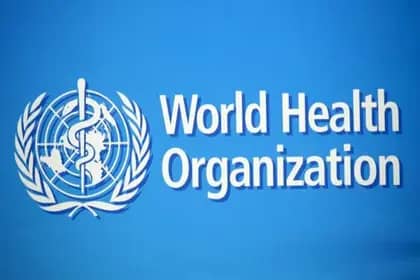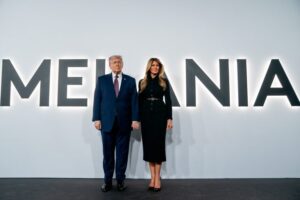
The World Health Organisation (WHO) has enjoined countries to address barriers and inequalities that hamper access to quality healthcare in the aftermath of the COVID-19 pandemic.
In a statement to mark this year’s World Health Day, Dr Matshidiso Moeti, WHO Regional Director for Africa said COVID-19 has unfairly impacted some people more harshly than others, exacerbating existing inequities in health and welfare within and between countries.
“Within countries, illness and death from COVID-19 have been higher among groups who face discrimination, poverty, social exclusion, and adverse daily living and working conditions – including humanitarian crises.
“The pandemic is estimated to have driven between 119 and 124 million more people into extreme poverty last year. And there is convincing evidence that it has widened gender gaps in employment, with women exiting the labour force in greater numbers than men over the past 12 months,” she said in the statement.
WHO said as countries continue to fight the pandemic, a unique opportunity emerges to build back better for a fairer, healthier world by implementing existing commitments, resolutions, and agreements while also making new and bold commitments.
It also issued five calls for urgent action to improve health for all people. They include: Accelerate equitable access to COVID-19 technologies between and within countries, invest in primary health care and prioritize health and social protection.
Others include building safe, healthy and inclusive neighbourhoods, and strengthen data and health information systems.
WHO said the inequities in people’s living conditions, health services, and access to power, money and resources are long-standing, adding that “the result is under-5 mortality rates among children from the poorest households are double that of children from the richest households. Life expectancy for people in low-income countries is 16 years lower than for people in high-income countries. For example, 9 out of 10 deaths globally from cervical cancer occur in low- and middle-income countries.”
Dr Tedros Adhanom Ghebreyesus, WHO Director-General said the COVID-19 pandemic has thrived amid the inequalities in our societies and the gaps in our health systems.
He said, “It is vital for all governments to invest in strengthening their health services and to remove the barriers that prevent so many people from using them, so more people have the chance to live healthy.”
Dr Tedros said now is the time to invest in health as a motor of development.
“We do not need to choose between improving public health, building sustainable societies, ensuring food security and adequate nutrition, tackling climate change and having thriving local economies. All these vital outcomes go hand in hand,” he said.
World Health Day:








